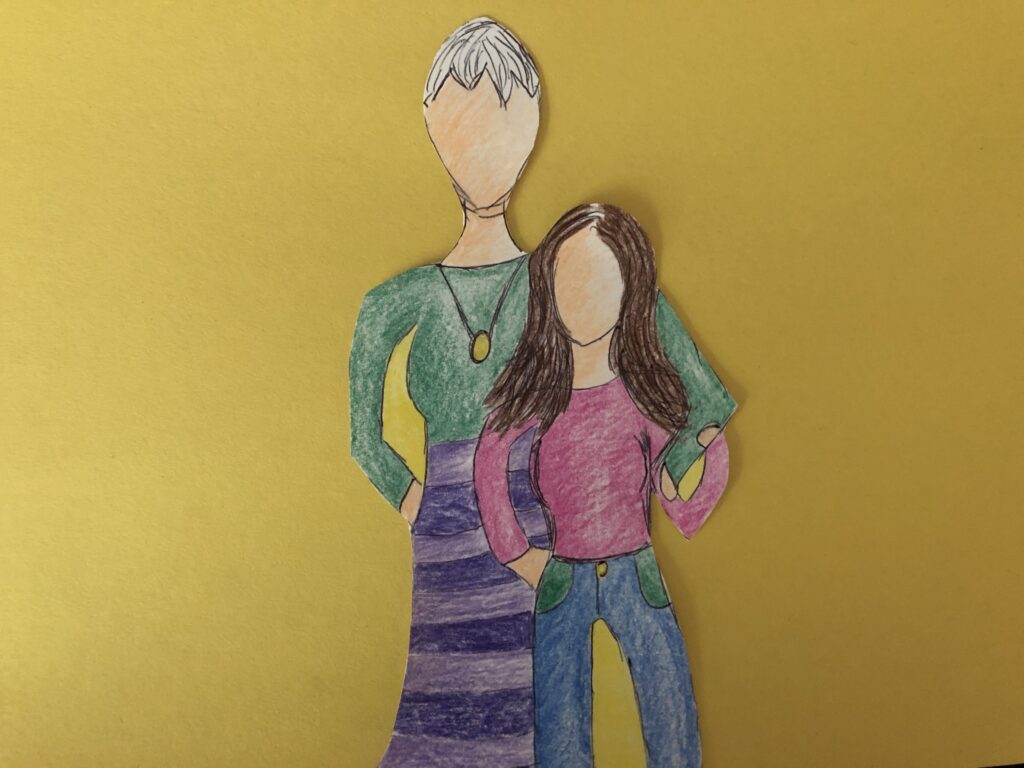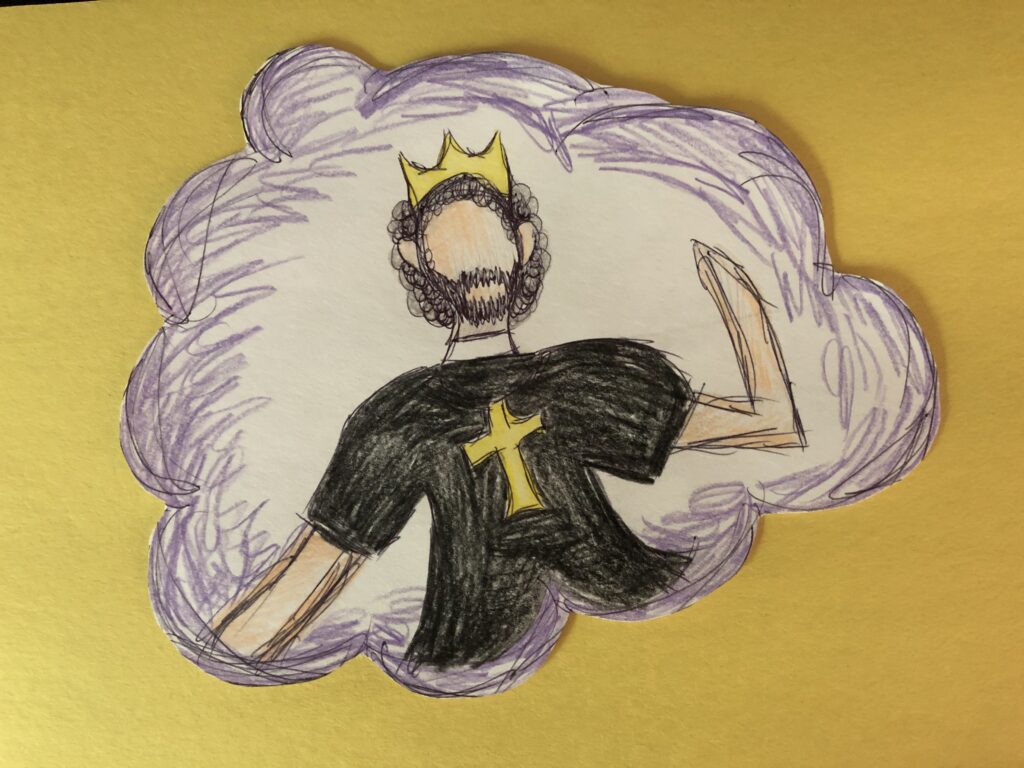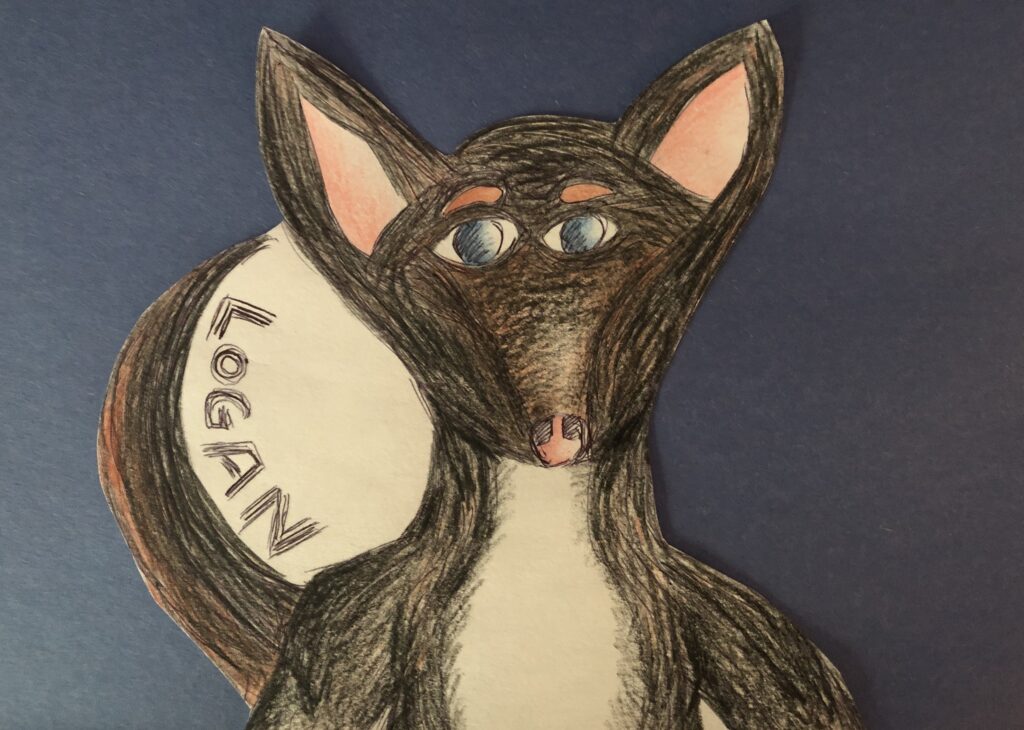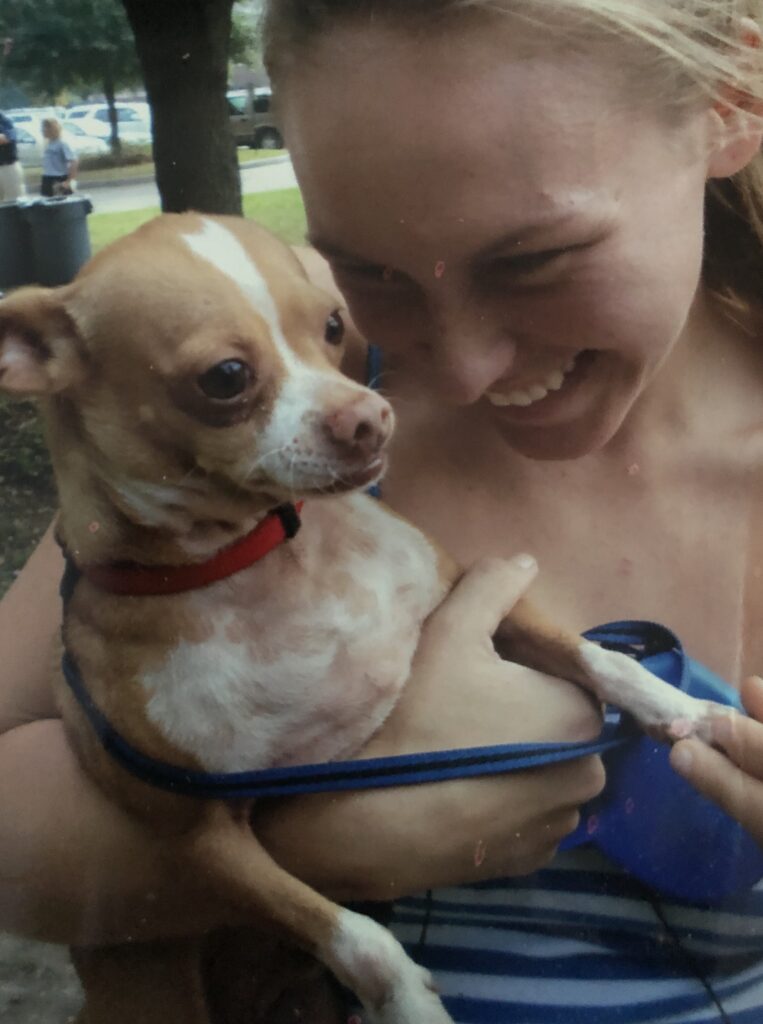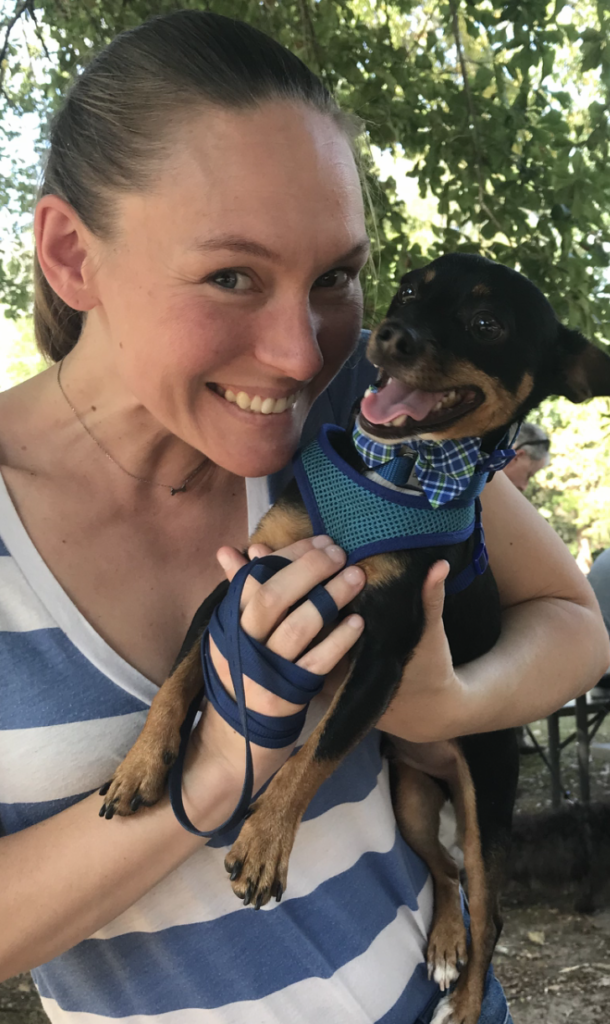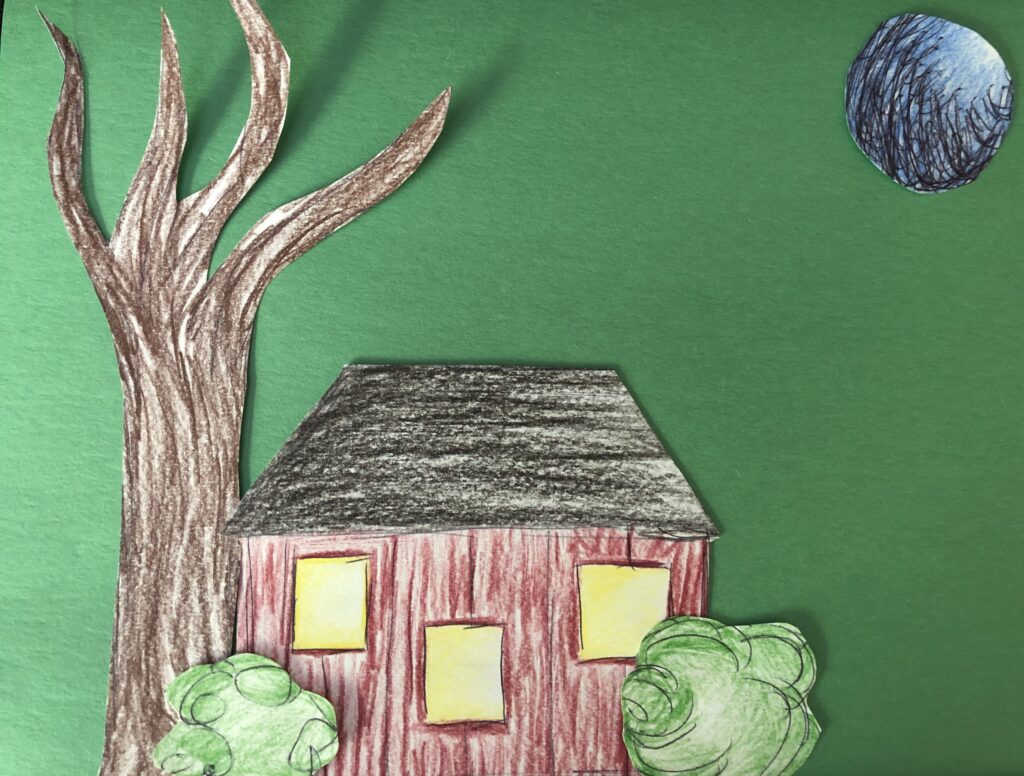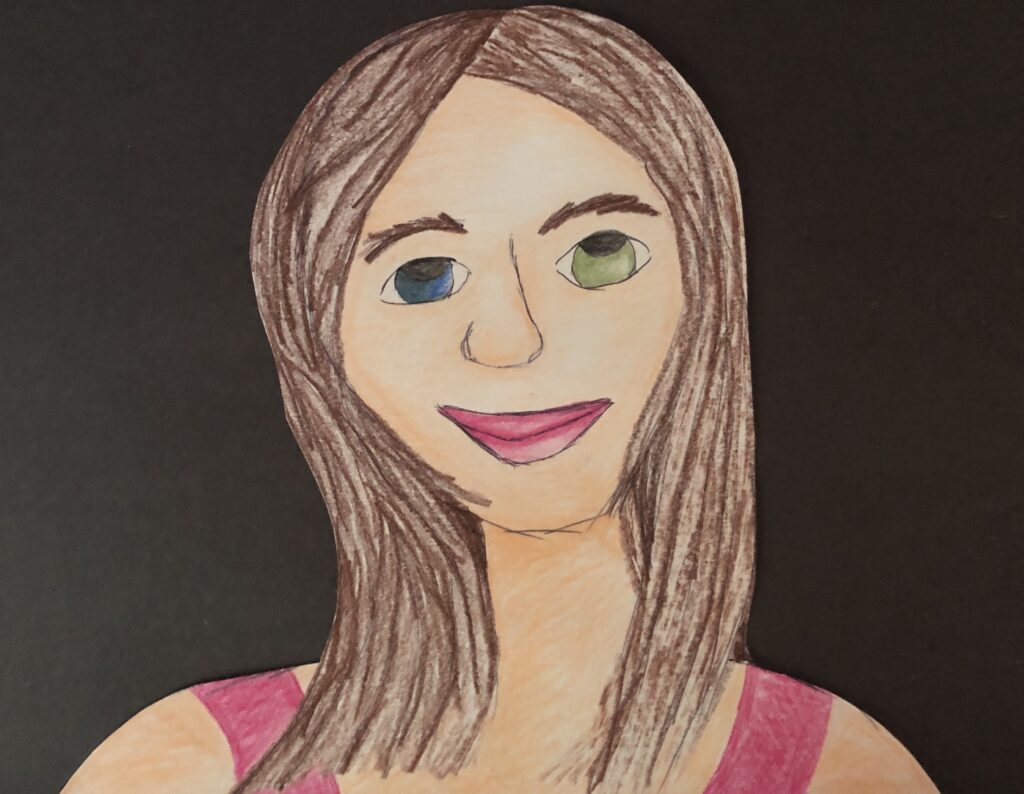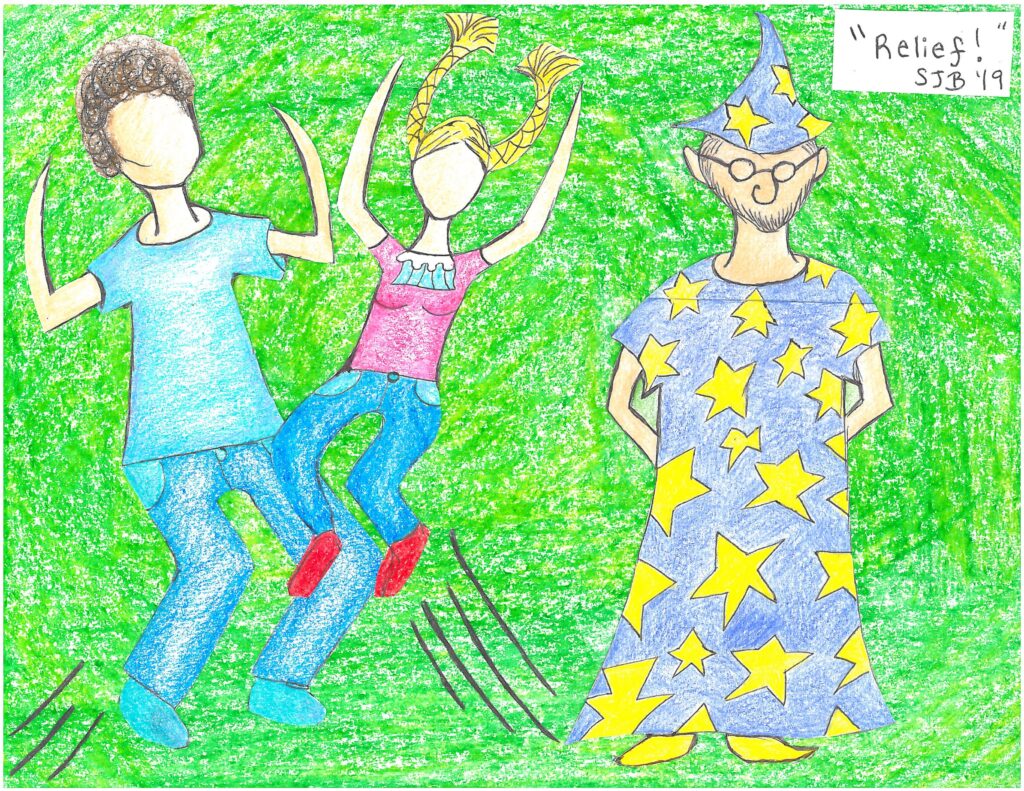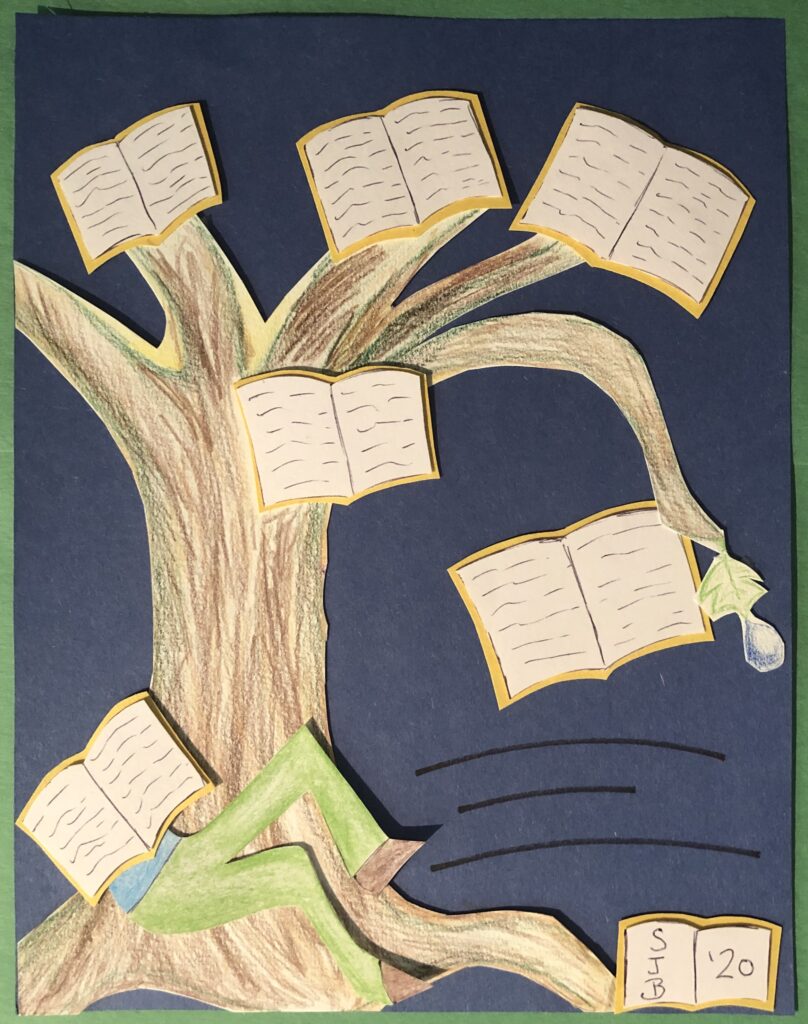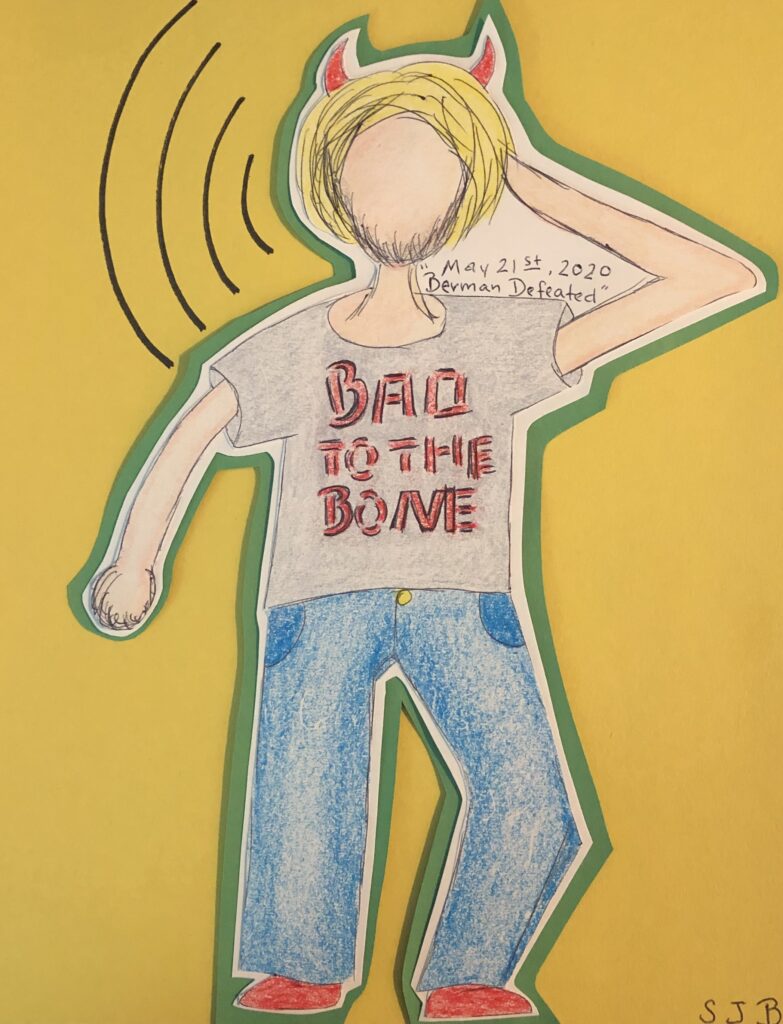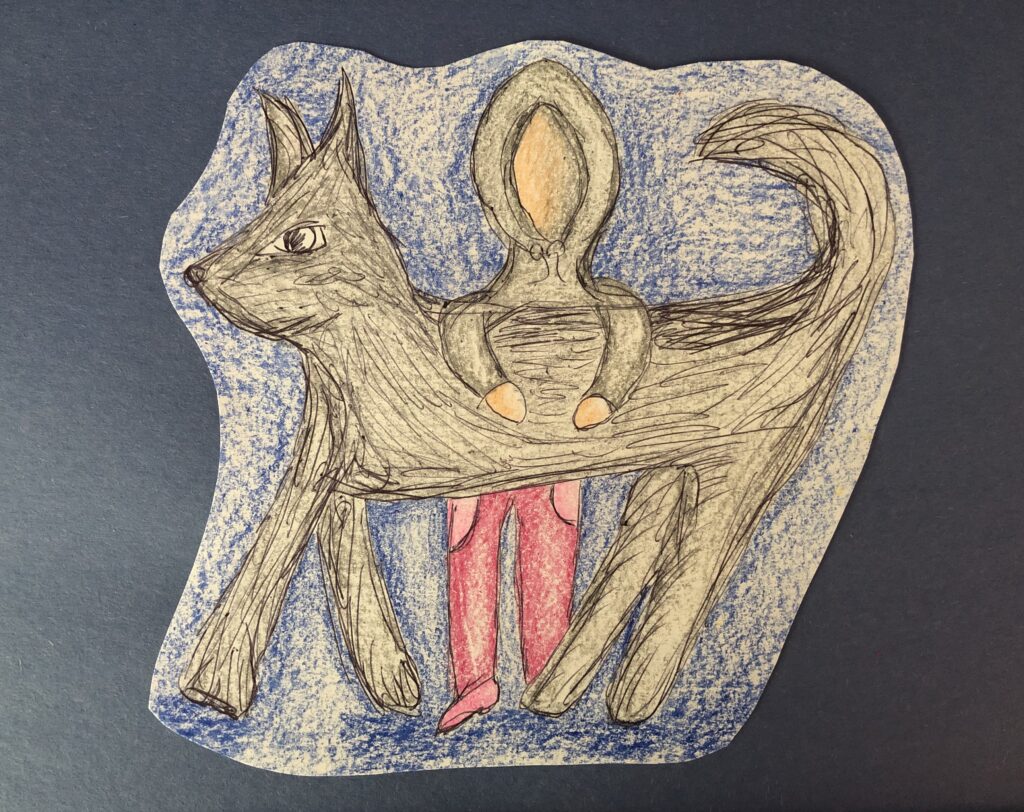
I grew up watching beloved animated movies and believing in fairy tales, even when childhood was very much in the past. For a few months, I used my knowledge of these stories to make sense of my life and my situation.
I inhabited several hospitals in 2013, and made lots of friends. Friends I will never see again, most of whose names I never knew and will never remember. Psychosis will do that to your mind. Erase memories of past events, acquaintances, friends.
I tagged people with fairy tale nicknames. There was a girl with a red hoodie sweatshirt. She was red riding hood. I called her “Lil’ Red.” My own hoodie was gray, and she called me “Lil’ Gray.” There was a nurse I remember as the “Blue Fairy.” A friend named “Cinderella” had jumped out of a moving car and landed herself in this hospital with me because she was suicidal.
Of course I wouldn’t reveal this information if I remembered the woman’s real name. But giving these people fairy tale names did help me to remember their real names, and as I write this article, this very moment, I remember the name of the nurse, and I remember Cinderella’s name as well. We used to color together. We shared secrets. We told stories. We kept each other company. And I felt less alone when I was around all of these friends. Even though it was really great news when they got released, it made me a little bit more lonely each time.
At the time, and for years to come, my dark side came out in the form of a Big Bad Wolf I call “Shadow.” He was inside my head, driving me ever closer to insanity.
I couldn’t sleep. I wrestled with Shadow all night. I would wake at the mandatory hour of six in the morning, after very few hours of sleep, with a bed clearly showing signs of a struggle. I fought that wolf and tried not to let him take over. It was extremely difficult.
That is why I was so afraid when he showed himself once more after my release. I didn’t want to go back to that place inside myself; the place I had tried so hard to escape.
Eventually, I did escape. But I can’t run anymore without Shadow. So I don’t run anymore. Mental illness has taken so much from me. I will not pretend that I have fully recovered from my trauma and that everything in my life now is perfect. I still struggle every day with depression and anxiety, mania and delusions. Though there is no cure for mental illness, I do the best I can to tread water and most of the time I float. All of the time, I breathe.
Fairy tales may not be true and stories don’t always have happy endings, but it comforts me to tell my tales in a way that is easier to swallow than the darkness. I am stable. I am happy. And I am not alone. I don’t think any fairy tale can compete with that.
—SJB
